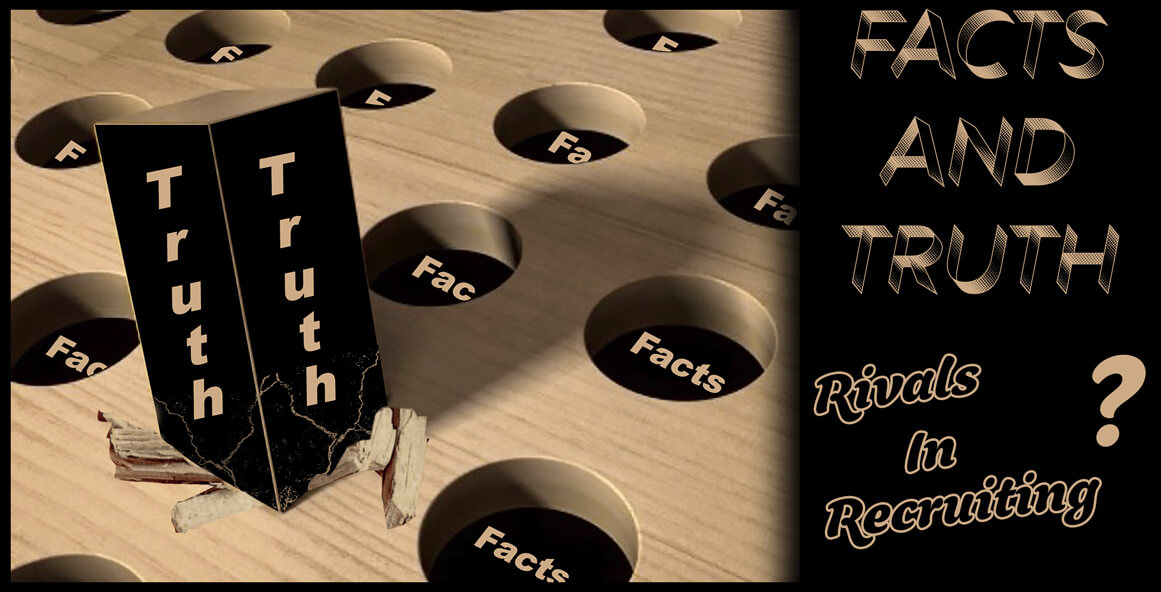
No matter how advanced we imagine our thinking is as a society or at what level we feel we have reached in our social evolution we still seem to find a way to continually give race, sex and age the opportunity to remain an issue. In the basketball environment things are stirred up both with the hiring of coaches and the decisions of recruited student athletes. Just when you think we’ve reached the point where finding the most qualified candidate is going to be paramount you begin to hear the voices, questions and accusations once again. The current cycle of coaching changes in the women’s game has ratcheted up the discourse once more not simply on who was hired, but also regarding what they happen to bring to the table in terms of gender and ethnicity.
It’s always disappointing when the discussion starts focusing on personal characteristics rather than professional qualifications. While that debate is seemingly destined for an annual reemergence in the job market, for a recruit, barring transfer, it’s a one-time decisionof whether sex, race, age or religion should be a part of their process. Since the intent of this column is to help prospects and their families through the recruiting maze we’ll focus on those characteristics in the context of decision making and reserve the contentious job opportunity issue for another day. While it may be equally important to the sport, the players always come first!
Just over a year ago an athlete who had transferred from an SEC program to a Big Ten university observed in a campus newspaper article that one of her reasons for transfer was the desire to play for a male coach. She elaborated that she felt that men coached their teams to play a more aggressive style, one similar to the men’s game. I’m sure this was no doubt a wakeup call for laid back pacifists like Kim Mulkey, Dawn Staley, Nikki Caldwell and that notorious softy from Knoxville, Pat Summit. The real newsflash is that the SEC coach she signed with initially was woman on both on the day she signed and the day she transferred. Preferring to play for a male or female coach is fine, but the chromosomal makeup of either has nothing to do with them being more or less effective as a coach.
To simply categorize any coach as “better” solely on the basis some inherent physical characteristic is an insult to coaches who fit the bill as well as those who do not. You can find example after example of successful coaches who are both male and female. Just the same there are plenty who are black or white, straight or gay or even young or more mature. (As a member of the over 50 crowd I actively avoid the word “old”) The achievements of any coach are the result of hard work, commitment, experience and a host of intangibles available to each and every aspiring professional regardless of any defining gender, skin color, sexual preference, spiritual belief or the number of birthdays they might have celebrated.
At the same time it’s important for every recruit to remember that there’s absolutely nothing wrong with wanting to play for a coach who may fit a specific profile. However, it’s important to acknowledge that the only reason it’s OK is that it happens to be your personal preference and something that’s important to you rather than the absurd notion that any congenital characteristic makes them a better coach. It doesn’t, no matter what that quality happens to be.
Some folks find it uncomfortable to admit that they would like to play for a man or a woman or even a coach of a particular ethnic background. Believe me there are plenty of recruiters more than willing to tell you how wrong it might be particularly if their head coach doesn’t possess the physical resume you happen to be looking for. Nothing that is important to you or your family should ever take a backseat to any perceived or projected propriety. Sometimes that desire for a limited categorization of coaches is more the hope to find a comfort zone that an athlete has known or played in throughout her career. Obviously there’s nothing wrong with that but it’s important to keep in mind that by eliminating some options on the basis of race, gender, sexual preference or age alone will also eliminate many exceptional and accomplished coaches.
At other times the reverse instinct might kick in and a bad experience with a high school or club coach can lead a prospect to look for the polar opposite in who they might want to play for at the colligate level. You need to know that virtually any issue you had and might be attributing to a personal characteristic can also be found at the next level in female or male coaches, black or white individuals or any other personal standard you might chose to apply. Just as good coaching is never the result of a specific demographic, issues and problems aren’t attributable solely to one either.
While I would always give priority to the head coach and minimize the role of the assistants in a recruit’s decision making process, they may well be where a prospect locates balance in what they’re hoping to find at the next level. It’s no coincidence that among the 64 teams in this year’s NCAA tournament just four had the same gender and racial makeup of staff from top to bottom and two of those did not even have a full complement of coaches as permitted by the NCAA. The lineup of most coaching staffs will usually feature coaches of both sexes and more often than not at least one member of a different racial background. It would be nice to say that this occurs with the wellbeing of student athletes in mind but it would be naïve and overlook the obvious implications and benefits of a diverse staff. Given the dynamics of today’s competitive recruiting environment head coaches cannot afford to minimize the consideration they give to the demographic representation of those on the bench with them.
These are other less obvious characteristics that, should they be important to you, warrant your homework as you consider coaches and their programs. I’ve mentioned age, faith and sexual orientation at earlier points as they’re topics that have come up through the years with many recruits. None make any individual a better coach but all could make them a better fit for some recruits. While they may seem personal and at first thought “out of bounds”, in actuality they are very much appropriate issues for discussion if they’re critical to your decision. Always keep in mind that these coaches have sought out your commitment and inserted themselves into your academic, athletic and personal life. In that light, all concerns should be met with willing and honest answers. Any hesitancy or avoidance in their address of your questions could well be a red flag on how they view your priorities now as well as how they might look at them down the road.
Age, much like gender and race, is fairly obvious and can easily be tracked as you look at a coach’s biography on their web site. Some folks aren’t interested in playing for a rookie head coach and others aren’t looking to suit up for one who knew Dr. Naismith. A coach’s religious life and faith isn’t always something they can wear on their sleeve. State schools and their guidelines generally make it difficult for a coach to address unless asked by a prospect or parent while church sponsored schools provide more flexibility for recruiters to address the issue upfront. Sexual orientation or marital status is a topic tremendously difficult to address but shouldn’t be avoided if it’s of importance to a recruit or her family. However, don’t look for your answers second hand or by way of the assistant coaches. Ask the coach personally and allow them to respond. How they answer may tell you just as much as what they share with you.
In closing it bears repeating that absolutely none of the characteristics discussed in this column make someone a better coach. They never have and they never will. No individual has won more games because they’re male or female, black or white, gay or straight or if they believe in a higher power. However it’s a prospect’s right and obligation to ask the questions and get the information that’s going to be important to her as she decides in whose hands to place her future. The risk lies in bypassing a coach who might be an ideal fit simply because of a personal preference. Weigh your priorities just as carefully as you do you final decision. Education is about expanding your horizons.
Mark Lewis is a national evaluator and photographer for Blue Star Basketball as well as the lead columnist for Blue Star Media. Twice ranked as one of the top 25 Division I assistant coaches in the game by the Women's Basketball Coaches Association (WBCA), he logged 25 years of college coaching experience at Memphis State, Cincinnati, Arizona State, Western Kentucky and Washington State. Lewis serves as a member of the prestigious McDonald’s All-American selection committee as well as the Naismith College Player and Coach of the Year committees.

Latest Articles
-


Christopher Lawlor
/ 7 hours agoGonzaga (DC) hires former Fordham University coach and alumnus Keith Urgo as its head basketball coach
BENSALEM, Pa. — Gonzaga of Washington, D.C. and a regular in the Blue Star...
-
Christopher Lawlor
/ 8 hours agoUSA Basketball announces 33 invitees to Men’s U19 National Team training camp for FIBA U19 World Cup in Switzerland
COLORADO SPRINGS, Colo. – USA Basketball announced the 33 athletes expected to participate in...
-
Christopher Lawlor
/ 6 days agoUSA U16 Men’s Basketball training camp opens May 22 with 12 players heading to 2025 FIBA AmeriCup in Juarez, Mexico
COLORADO SPRINGS, Colo. – Only strong will survive the cut and with it the...
-


Christopher Lawlor
/ 7 days agoMOVING DAY: Prolific Prep will relocate to Fort Lauderdale, Florida from Northern California in time for 2025-26 school year
BENSALEM, Pa. – Prolific Prep, a regular in the Blue Star Media Elite 25...




